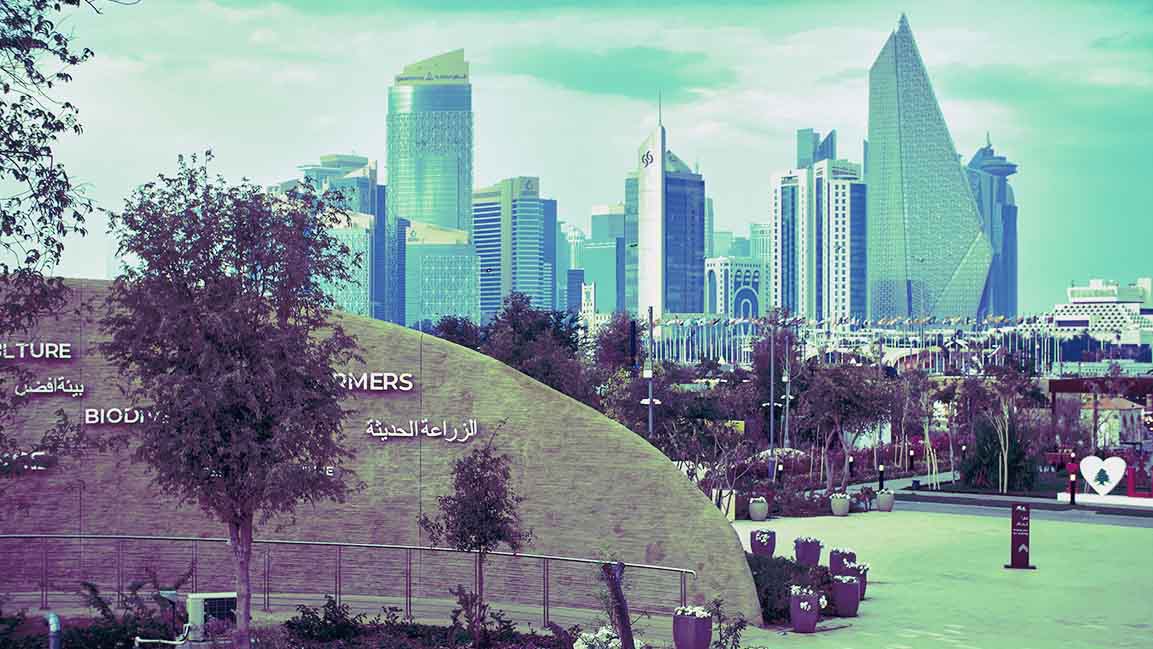- | 2:00 pm
Qatar strengthens ecotourism with public push for ecosystem preservation
This aligns with the country's plans to develop its ecotourism destinations with the environment and biodiversity in mind.

Qatar’s Ministry of Environment and Climate Change (MECC) has used social media to urge the public to support the preservation of its ecosystems.
The Gulf state is actively developing ecotourism destinations that integrate environmental conservation with economic and cultural growth. The ministry has emphasized various aspects of its conservation efforts as part of this broader initiative.
Qatar’s biodiversity conservation initiatives encompass habitat restoration, species protection programs, and marine life conservation, including ongoing monitoring and strict regulations to prevent overfishing.
The Ministry of Environment and Climate Change (MECC) has dedicated 2.5% of Qatar’s territory to marine reserves, providing safe havens for dugongs and whale sharks.
In line with its commitment to marine biodiversity preservation, Qatar initiated the planting and nurturing of mangroves in 1981. By 1997, these efforts expanded to 13 cultivation sites along the country’s coastline, further strengthening the nation’s environmental conservation initiatives.
“Small steps make a big difference in protecting our planet and help sustain its resources for us and future generations, ” the ministry said.
They emphasized five key ways individuals can contribute to conservation efforts: raising awareness of environmental issues within the community, adopting more sustainable practices, volunteering in local environmental activities, supporting government policies that protect the environment, and donating to or supporting projects dedicated to environmental preservation.
“From marine habitats to desert landscapes, the ministry’s conservation efforts span Qatar’s diverse ecosystems. Dahl Al Misfir Cave, a 40-meter deep sinkhole located in Rawdat Rashid, 40 km from Doha, is one of the most popular ecotourism destinations in the country,” the ministry added.
The MECC emphasized that protecting biodiversity is essential for maintaining ecological health and stability. The ministry’s Wildlife Development Department is actively rehabilitating meadows to safeguard vegetation and combat desertification throughout the country.
“Qatar has set five priority areas to protect its natural ecosystem. It seeks to conserve more than 25% percent of the total land area by 2030, and reduce household daily water consumption by a third. It has pledged to reduce greenhouse gas emissions by 25%, protect and optimize land use through sustainable farming, and adopt the circular economy, turning today’s waste into tomorrow’s raw material,” the ministry mentioned.
Among the endangered species native to Qatar are the Arabian oryx, greater spotted eagle, and corn crake, making the protection of terrestrial habitats in Qatar equally vital for preserving biodiversity.
Now accepting applications for Fast Company Middle East’s Most Innovative Companies. Click here to apply.































